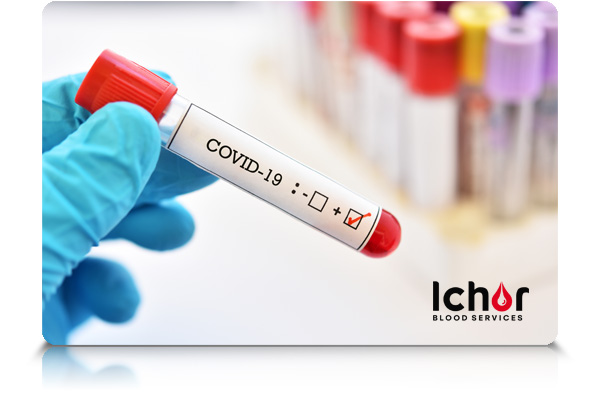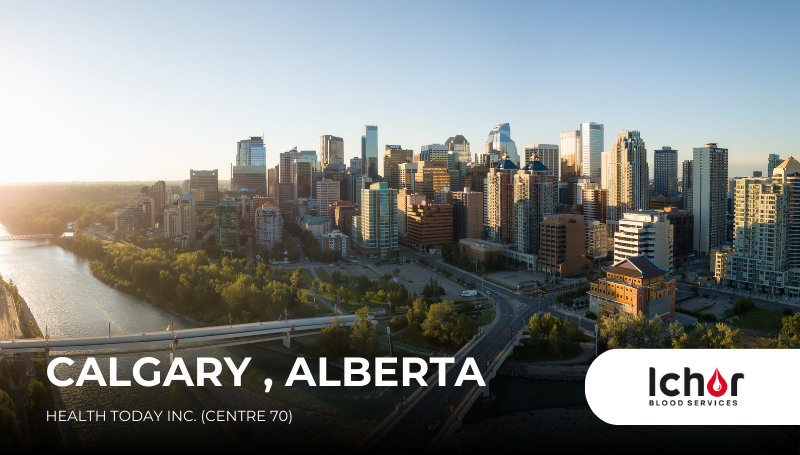
COVID-19 Spike Protein Testing Available in Calgary
Ichor Blood Services is proud to be one of the only private companies in Canada offering a quantitative (score-based) COVID-19 Antibody test for individuals and families, as well as Corporations and large groups.
Quantitative Antibody Spike Protein Test Now Offered At Ichor!
In addition to our other tests, we are proud to offer the Quantitative score based Antibody Spike Protein Test. This test is unique in that, while most provide only a positive or negative result, this test provides a score from 0 to 250 U/ml, and will detect antibodies developed due to prior, or current infection. This test will also detect antibodies against spike glycoprotein of severe acute respiratory syndrome coronavirus 2 (SARS-CoV-2) generated following vaccination to help gauge the levels of antibodies in your blood. Expect your results 2-7 days after your scheduled testing. See a sample of the results report here. Please wait 28 days post infection to have your test completed!
